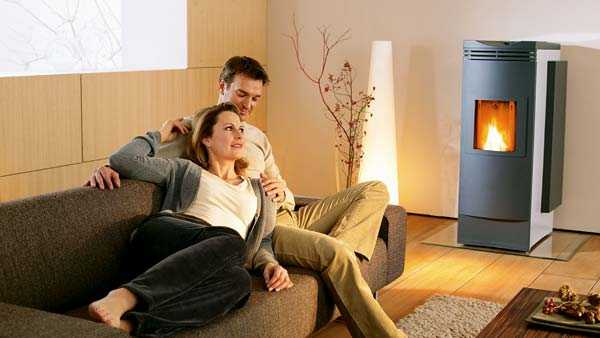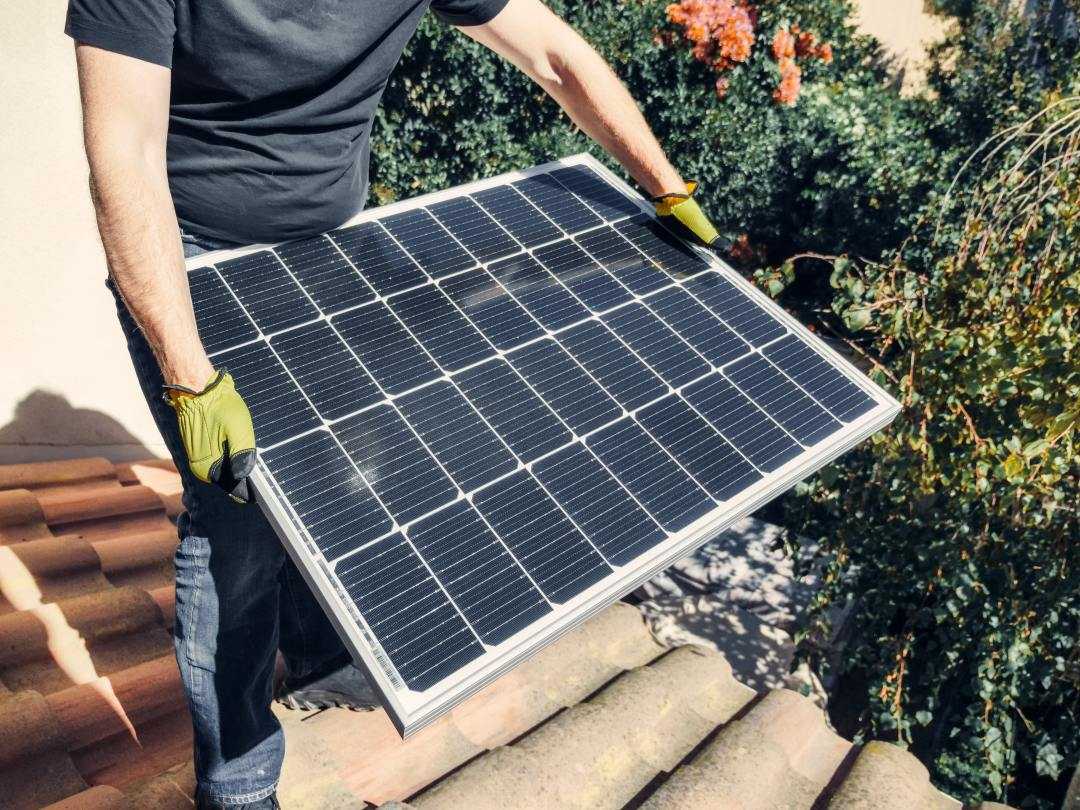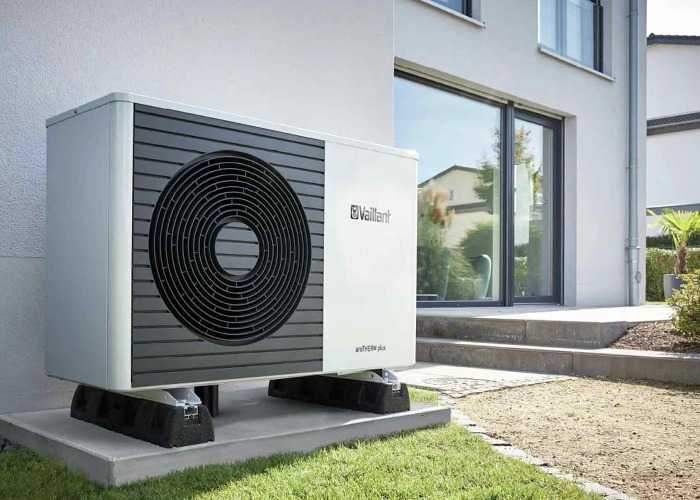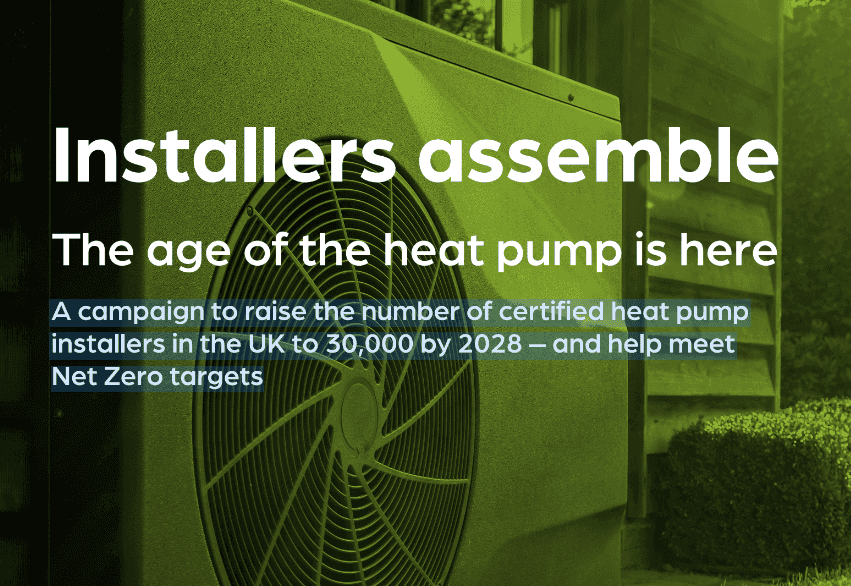
What Is the Future of Home Heating?
Looking beyond the energy crisis, the future of home heating has never been more hopeful.
With the UK’s pledge to lower carbon emissions, now is a great time for installers to work with customers to change how we heat our homes.
UK winters are some of the most unpredictable on record, so our reliance on keeping our homes warm remains strong. But, ultimately this makes heating one of the biggest co2 emitters. Therefore, transformation is required sooner rather than later as we race towards a potential 2050 net zero.
The Energy Efficiency team at City Plumbing looks at how installers can play a significant part in the future of home heating. This includes quick wins such as insulation to long-term savings such as heat pumps. Ultimately, installers have great scope going forward in encouraging customers to become greener and decarbonise their heating choices.
Phasing Out The Gas Boiler in Both New and Existing Homes and Looking to New Heating Technology Such as Heat Pumps
One of the biggest culprits of high carbon emissions from homes comes from old boilers and, of course, gas and oil burners. So, from 2025, all newly built homes will no longer have gas boilers, but rather alternative heating systems.
Though older properties won't encounter a ban as such, installers can help them consider energy-efficient alternatives to make the switch in the future.
As low carbon heating solutions, heat pumps will continue to rise in popularity and play a key part in the UK achieving net zero. In fact, the way forward for many homes is to consider looking for the best fuel source that will heat a property while reducing energy costs.
Air Source Heat Pumps
Extracting heat from the air and converting it into usable heat energy, air source heat pumps provide energy-efficient heating systems and hot water solutions. Offering year-round operation, they can be used for both heating and cooling, ultimately reducing energy bills, while working to lower carbon footprint.
Ground Source Heat Pumps
Ground source heat pumps have a great lifespan and are perfect choices for properties with larger areas of land, although capital costs are significantly higher. They can also be considered for some buildings where air source heat pumps aren't viable. Ground source heat pumps are extremely efficient in lowering emissions. Circulating water and glycol through pipe loops buried underground, they extract heat for use in the home.
Going Solar
Finally, with a surge of people looking to the benefits of solar PV, more installers can help homeowners decide if solar panels will work for their property - and how much it could save them long-term.
Absorbing energy from the sun and converting it into electrical energy, solar PV remains crucial to make buildings energy efficient. It will also help reduce reliance on heating solutions that increase carbon emissions.
With the recent UK heatwaves bringing longer sunny weather, and inevitably this trend set to continue and potentially increase in the future, solar PV installers will be in greater demand.
Making Crucial Improvements To Home Insulation
Perhaps the most obvious starting point and easy way to start creating more energy-efficient buildings is to reduce the heat we generate. A quick win here is to ensure homes are insulated correctly.
Insulating the Walls
Much of the heat lost in a building escapes through its walls. So, by starting here, an installer can offer advice on cavity wall, internal and external wall insulation, as appropriate. Saving customers money on their energy bills, good insulation throughout a home will help lower the need to use energy. The warmer the building, the less need to turn that thermostat up!
Insulating the Roof
Like walls, the roof is also a culprit for losing a proportion of heat if it's not insulated or poorly insulated. Yet, unlike wall insulation, insulating the roof or loft space isn't an overly expensive process. This means more customers will be willing to refer to an installer to undertake this task. Once again, such a simple measure will reduce energy bills and, more importantly, carbon footprint.
Insulating the Floor
An area many people often forget, the ground floor of a building is the perfect place to add a layer of insulation. By doing this, the property is kept warmer.
Preventing heat from escaping from the ground, not only does this make buildings more comfortable, it can save money. Also, as the heating isn't needed as much during colder spells, less energy is required .
Installing Underfloor Heating
Another way to deliver a more energy-efficient home is to opt for underfloor heating. A low-maintenance heat source, underfloor heating can work with water or electric systems. And, in many cases, it can replace a traditional heating system entirely. This means making a significant impact on a building's carbon emissions.
Overall, underfloor heating will use less energy than radiators as it heats a property from the ground up.
Future Heating Technology in the Pipeline
Looking forward, though not quite ready yet, the UK is eagerly awaiting the potential introduction of energy sources that could have the biggest impact yet on the environment. Two ways currently being investigated to decarbonise our gas networks is to replace natural gas use with that of low and zero-carbon gases.
Hydrogen Heating for Homes
Currently being developed in the UK, hydrogen is a lower carbon fuel that has the potential to be used alongside our existing infrastructures, network, and boilers, when adapted. This makes it the more popular of future options.
A cost-effective choice, the primary advantage here is that hydrogen would mean changing fuel but not whole heating systems.
When burned, hydrogen produces mainly water and no carbon dioxide. Better still, it can also be mixed with natural gas, thus reducing the need to make a full switch.
Biogas
Another renewable gas option is biogas. This is natural gas, also referred to as rng.
Biogas is derived from landfills, wastewater, food waste, livestock water, and other renewable sources. It works by decomposing such organic matter which is then converted into biogas.
The Future of Heating Will Help Heat Homes Ultra-Efficiently
By understanding the need for change, spotting possibilities to reduce carbon emissions, and helping customers adopt green technology, installers are perfectly placed to play a vital role in how UK homes will be heated in the future.
For further information on energy efficiency solutions, the Energy Efficiency team at City Plumbing is here to help. Providing help, guidance, and solutions, we can deliver low-maintenance heat sources to help homeowners make sustainable changes, long term.



